 New Year, New Verse: 4 Great New Poetry Collections | Vulture
New Year, New Verse: 4 Great New Poetry Collections | Vulture
Poetry ought to be the preeminent form of this age — hell, every age. In a smattering of words, a poem can eulogize, satirize, criticize, proselytize. The greatest verse clues us into what Jane Hirshfield calls “poetry’s knowing,” its function of “clarification and magnification.” It’s the quintessential hybrid form: an amalgam of essay, lyric, story, polemic, and diary. Poets are penguins, to paraphrase E.E. Cummings. They use their wings to swim. Continue reading…
 The Old Drift
The Old Drift  Trump Sky Alpha
Trump Sky Alpha 
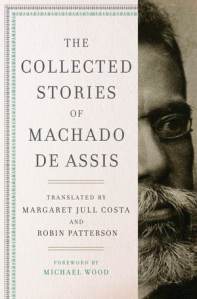





 21 Books Set in a Post-Trump World | Read It Forward
21 Books Set in a Post-Trump World | Read It Forward
 Clever Gifts for Lifelong Learners | Read It Forward
Clever Gifts for Lifelong Learners | Read It Forward 10 Gifts for Audiobook Lovers | Read It Forward
10 Gifts for Audiobook Lovers | Read It Forward 10 Books Dad is Sure to Love | Read It Forward
10 Books Dad is Sure to Love | Read It Forward Last Night in Nuuk
Last Night in Nuuk  The Birth of Loud
The Birth of Loud  The End of Ice
The End of Ice  7 Wonderful Classic Reprint Series | Read It Forward
7 Wonderful Classic Reprint Series | Read It Forward The Supreme Orchestra
The Supreme Orchestra  16 Back-to-School Books for Your Brain | Read It Forward
16 Back-to-School Books for Your Brain | Read It Forward An Oasis of Horror in a Desert of Boredom
An Oasis of Horror in a Desert of Boredom  Interview with Tobias Carroll at Vol. 1 Brooklyn
Interview with Tobias Carroll at Vol. 1 Brooklyn Keeping Up with the Nabokovs | Read It Forward
Keeping Up with the Nabokovs | Read It Forward On Benno von Archimboldi | The Believer Logger
On Benno von Archimboldi | The Believer Logger
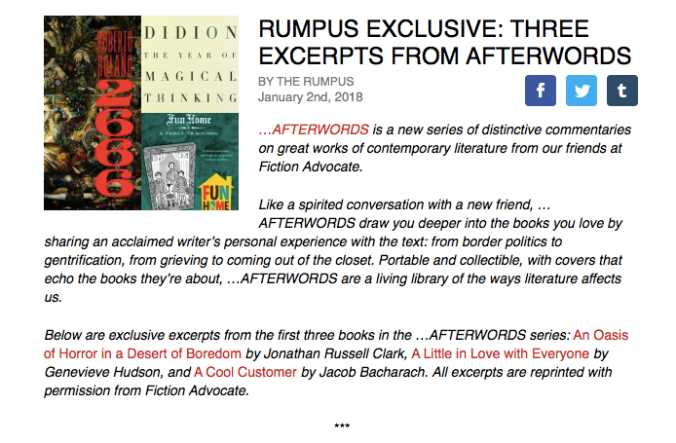 The Dirt Below Us | An Excerpt from An Oasis of Horror in a Desert of Boredom | The Rumpus
The Dirt Below Us | An Excerpt from An Oasis of Horror in a Desert of Boredom | The Rumpus An Oasis of Horror in a Desert of Boredom:
An Oasis of Horror in a Desert of Boredom: The Poetic Persistence of Sharon Olds | Read It Forward
The Poetic Persistence of Sharon Olds | Read It Forward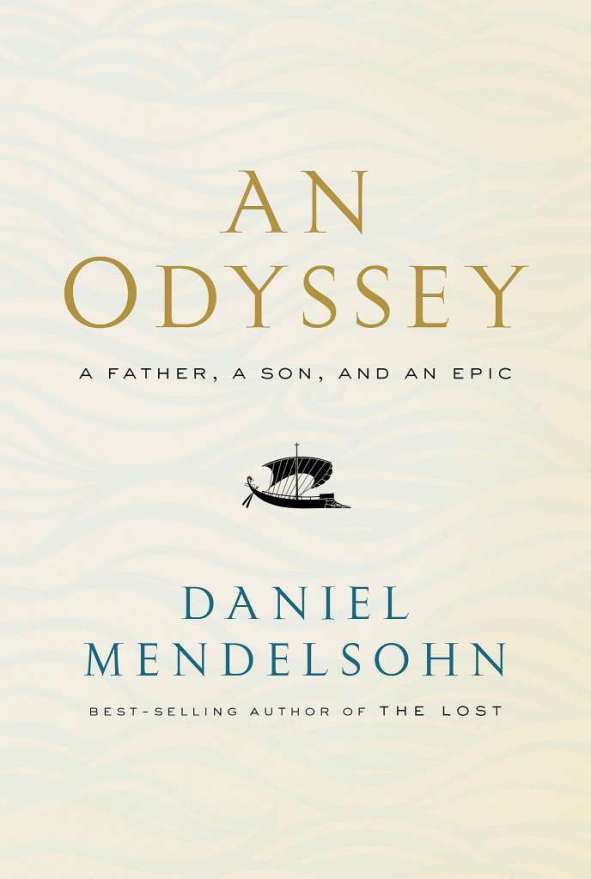
 So You Want to Be a Writer? | Read It Forward
So You Want to Be a Writer? | Read It Forward
 How One Becomes What One Is: 7 Memoirs of Artistic Development | Read It Forward
How One Becomes What One Is: 7 Memoirs of Artistic Development | Read It Forward Stephen Florida
Stephen Florida 
 Clichés Are Dangerous | Read It Forward
Clichés Are Dangerous | Read It Forward Denis Johnson Reads Notes from the Margins |
Denis Johnson Reads Notes from the Margins | The Best Books About Books, Part 3 | Literary Hub
The Best Books About Books, Part 3 | Literary Hub At Home in Ruins: Imagine Wanting Only This by Kristen Radtke | Fiction Advocate
At Home in Ruins: Imagine Wanting Only This by Kristen Radtke | Fiction Advocate Terms of Concealment: Junot Díaz and the Language of Masculinity | Devise Literary
Terms of Concealment: Junot Díaz and the Language of Masculinity | Devise Literary


 Literature as a Kind of Rorschach Test | Read It Forward
Literature as a Kind of Rorschach Test | Read It Forward Essay Collections by David Orr, Stanley Elkin, & Betty Fussell |
Essay Collections by David Orr, Stanley Elkin, & Betty Fussell | 
 The Weirdest Text Message Ever | Read It Forward
The Weirdest Text Message Ever | Read It Forward Entering Scoundrel Time: A New Literary Site Takes on Trump | Literary Hub
Entering Scoundrel Time: A New Literary Site Takes on Trump | Literary Hub


 How Much My Life Weighs: On Moving 2,500 Books Across the Country | Read It Forward
How Much My Life Weighs: On Moving 2,500 Books Across the Country | Read It Forward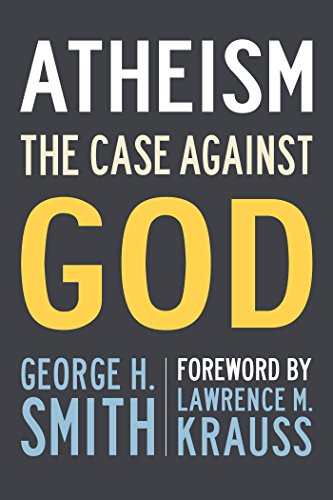 Thank God [sic] for George H. Smith |
Thank God [sic] for George H. Smith | 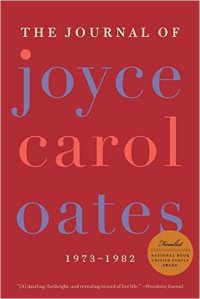


 What People Really Mean When They Say, “Yes, I Read That Book” | Read It Forward
What People Really Mean When They Say, “Yes, I Read That Book” | Read It Forward The Love of Language, the Language of Love |
The Love of Language, the Language of Love | A Promise Matters More Than Snow: Rethinking Robert Frost | Devise Literary
A Promise Matters More Than Snow: Rethinking Robert Frost | Devise Literary The Noise of Time
The Noise of Time  The Mathematics of History: On Michèle Audin’s One Hundred Twenty-One Days | Kenyon Review
The Mathematics of History: On Michèle Audin’s One Hundred Twenty-One Days | Kenyon Review